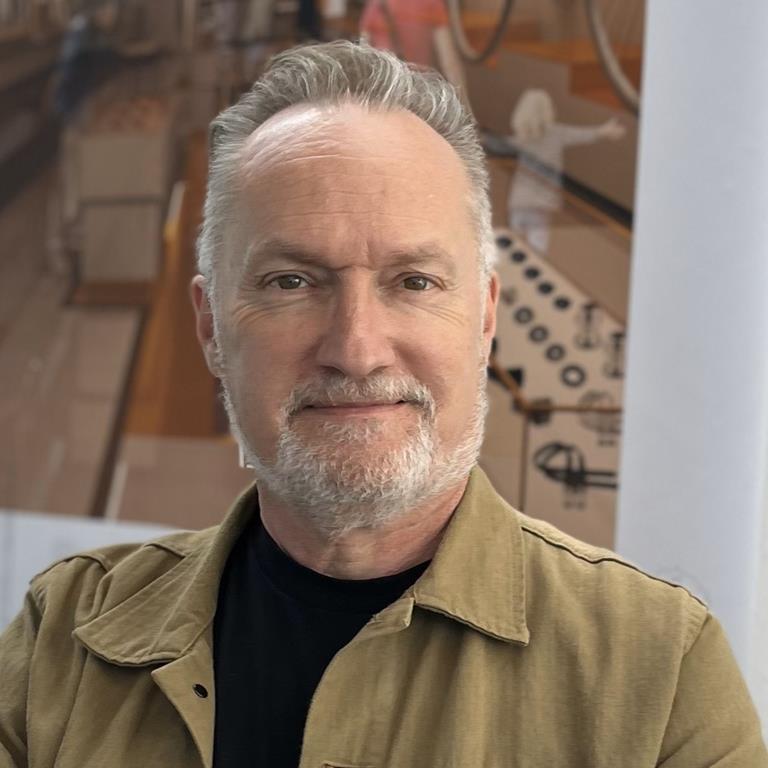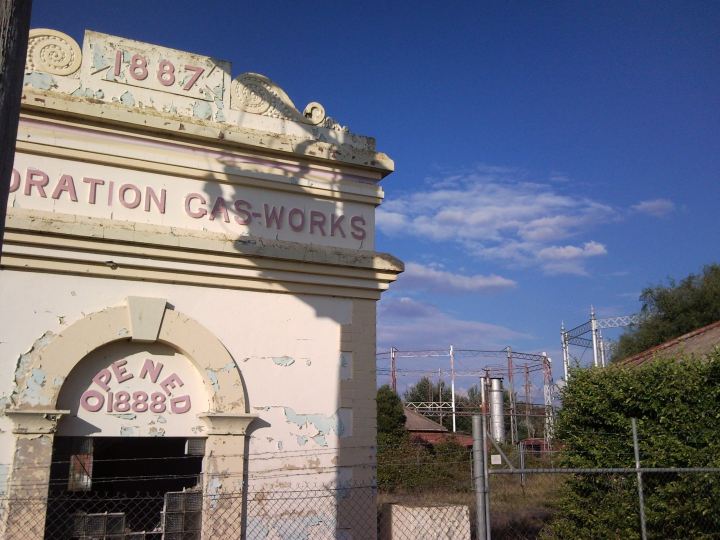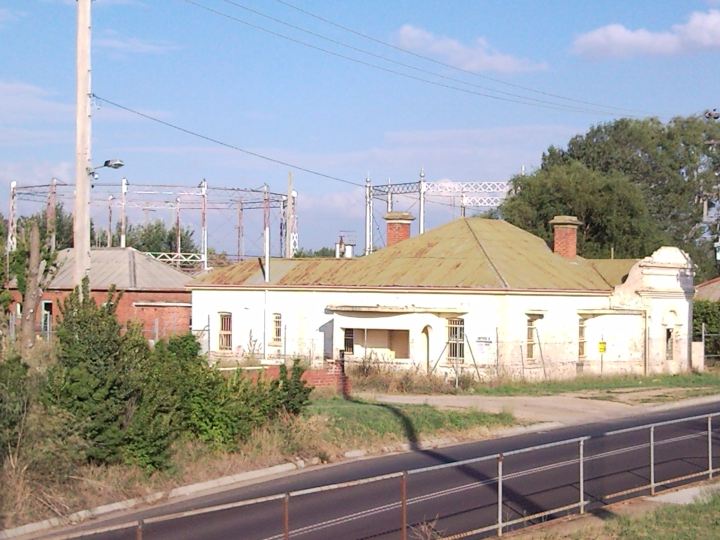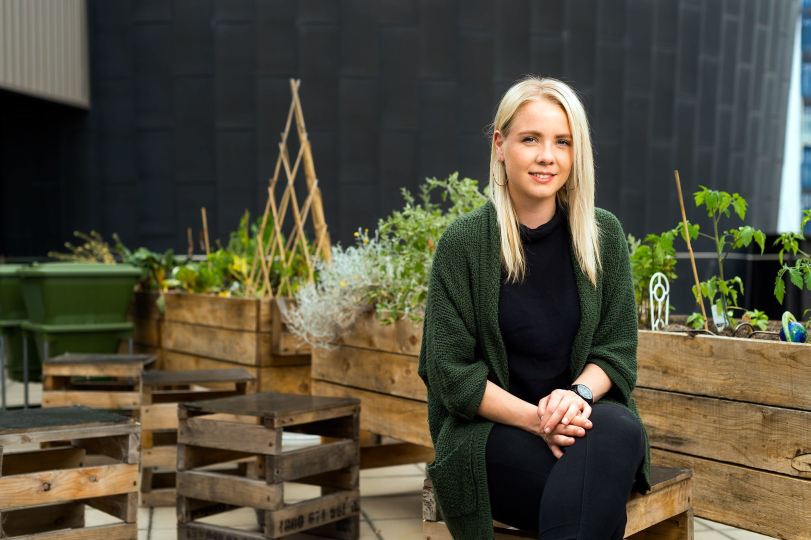Graduate Diploma in Urban and Regional Planning
Degree Level Postgraduate
Year 2025
You're considered an Australian student if you are any of the following:
Degree Level Postgraduate
Year 2025
Mode
On-campus
12018 Excellence in Research for Australia (ERA)
2UNSTOPPABLE® is a Kellogg Company trade mark used under licence. Ranked #43, 2024 THE Young University Rankings.

Planners help make inner cities, suburbs and regional towns more liveable and sustainable. Planners shape cities, towns and regions through the development planning policy that integrates infrastructure and services. They develop plans, strategies and designs that can improve the quality of life for people and support ecosystem services1.
A key component of this postgraduate qualification relates to the planning and development of environmentally sustainable cities and regions that acknowledge social diversity and the need for greater physical activity and contact with nature, which can help to prevent chronic diseases associated with excessive sedentary behaviour.
The courses studied focus on real-world issues and therefore provide you with relevant skills that are transferable in the workplace.
This qualification lays a solid foundation of knowledge and is a great pathway into the professional accredited and recognised Master of Urban and Regional Planning.
1Planning Institute of Australia, Become a Planner 2020

This graduate diploma will equip you with the knowledge, skills and practical expertise needed to embark on a career in the field of urban and regional planning.
You will learn about:

UniSA offers the only urban and regional planning qualifications in South Australia and has more than 70 years’ experience in planning education – that makes us the longest provider of planning education in the country.
Throughout your studies, you will have access to and learn from prominent industry figures through lectures, national and international field trips, industry/professional based projects and workshops.
You will graduate with highly developed professional competencies, placing you to make sound, logical and ethical decisions in a range of planning contexts throughout your career.
Our commitment to research with an industry focus is unprecedented in South Australia. In the 2018 Excellence in Research for Australia evaluation, 100 per cent of our assessed research was rated world-class or above.
We are fast becoming a renowned centre of innovation and enterprise in the sectors that will drive Australia's future, including health.
This degree opens up excellent career opportunities for graduates. You may be involved in:
Have any questions? We're here to help! Contact Adelaide University's Future Student Enquiries Team.
Every year, over 2,500 UniSA students are supported in their studies through scholarships and grants worth millions of dollars. Check out the scholarships below. One of them may be perfect for you. Visit our scholarships page for more.
Available for students who are interested in undertaking specified activities with the aim of enhancing the overall student experience at UniSA.
Travel Grants are available to participate in our Study Overseas Programs. UniSA has agreement with over 80 institutions globally.
Our campuses have fantastic facilities including modern lecture theatres, libraries, workshops, laboratories, tech zones, and spaces that simulate real work environments. You’ll also find student gyms and campus sport activities to keep you active. We also offer flexible study options, with online resources available for accessing lecture recordings, virtual classrooms, library resources and learning support.
Adelaide also has a variety of accommodation options to suit different requirements and budgets. Options include dedicated student accommodation and private rentals. See our long-term accommodation pages, or explore our student accommodation by Scape on Bank Street in Adelaide’s lively cultural precinct, an ideal location for students. It is within easy reach of UniSA’s city and metropolitan campuses, Rundle Mall shopping, the Central Market, Chinatown, and the West End’s vibrant nightlife. It is also across the road from the Adelaide train station, and on bus and tram routes.
As an urban and regional planning student you will have access to:


The way you apply for UniSA will depend on the undergraduate or postgraduate coursework degree you're interested in studying.
The majority of applications are made via the South Australian Tertiary Admissions Centre (SATAC). Check out more information on the SATAC website and follow the appropriate process for your degree of interest.
There are a small number of degrees that you need to apply for through direct application processes. The process you need to follow will be listed on the 'How to Apply' section of the degree homepage, but you'll also be taken to where you need to go if you hit the 'apply' button.
If you are interested in studying one of our 100% online degrees you'll need to apply directly to UniSA Online.
You can find more information about the application processes for UniSA on our How to Apply webpage.
If you're more interested in applying for a postgraduate degree by research, check out and follow the information in our step by step guide to applying.
Applications for all degrees will close ahead of study commencing, but the timelines may vary for undergraduate and postgraduate degrees.
The deadline to apply to study a degree at UniSA for semester one (commencing late February) and be guaranteed equal consideration is generally in very late November or early December. While you may be able to apply after this date, you are not guaranteed to be considered equally with other applicants and your application may not be assessed in time for the main round of offers. More competitive degrees may not make any offers after the main offer round. Find more information on the Key Dates section of the SATAC website, but you can also call the Future Student Enquiries team for more information on 08 8302 376.
Many postgraduate by coursework degrees do not have set closing dates. The exceptions are highly competitive degrees, so it is best to check – either on the degree homepage on the SATAC website or by checking with our Future Student Enquiries team.
As most postgraduate applications are assessed as they are submitted and offers are continuous, there are no set closing dates for applications. Degrees can be filled and closed with little notice so it is best to apply as soon as possible to avoid missing out on a place. For more information, please contact our Future Student Enquires team on (08) 8302 2376 or submit an enquiry.
You may be eligible for credit or advanced standing for your chosen UniSA degree based on your previous studies, if they are in a related area and completed within a certain timeframe. Receiving credit or RPL will reduce the number of courses you undertake within the degree, and may also reduce the overall duration of your degree. You can read more about our pre-existing credit agreements through our online Credit Assessor. If you have related industry experience, you may also be eligible to receive recognised prior learning (RPL) for this experience. Credit and RPL is assessed by the Program Director once you've received an offer, and you apply through UniSA's current student experts, Campus Central.
Future Student Enquiries welcomes the opportunity to meet with you to discuss your study options at UniSA. We can discuss degree information, entry requirements and pathways, applications, general career outcomes and student life, so you have the information to make the best study decision for your future. Head to our Book an Appointment webpage to find a date and time to speak with us, and take your next steps on journey to university study.



